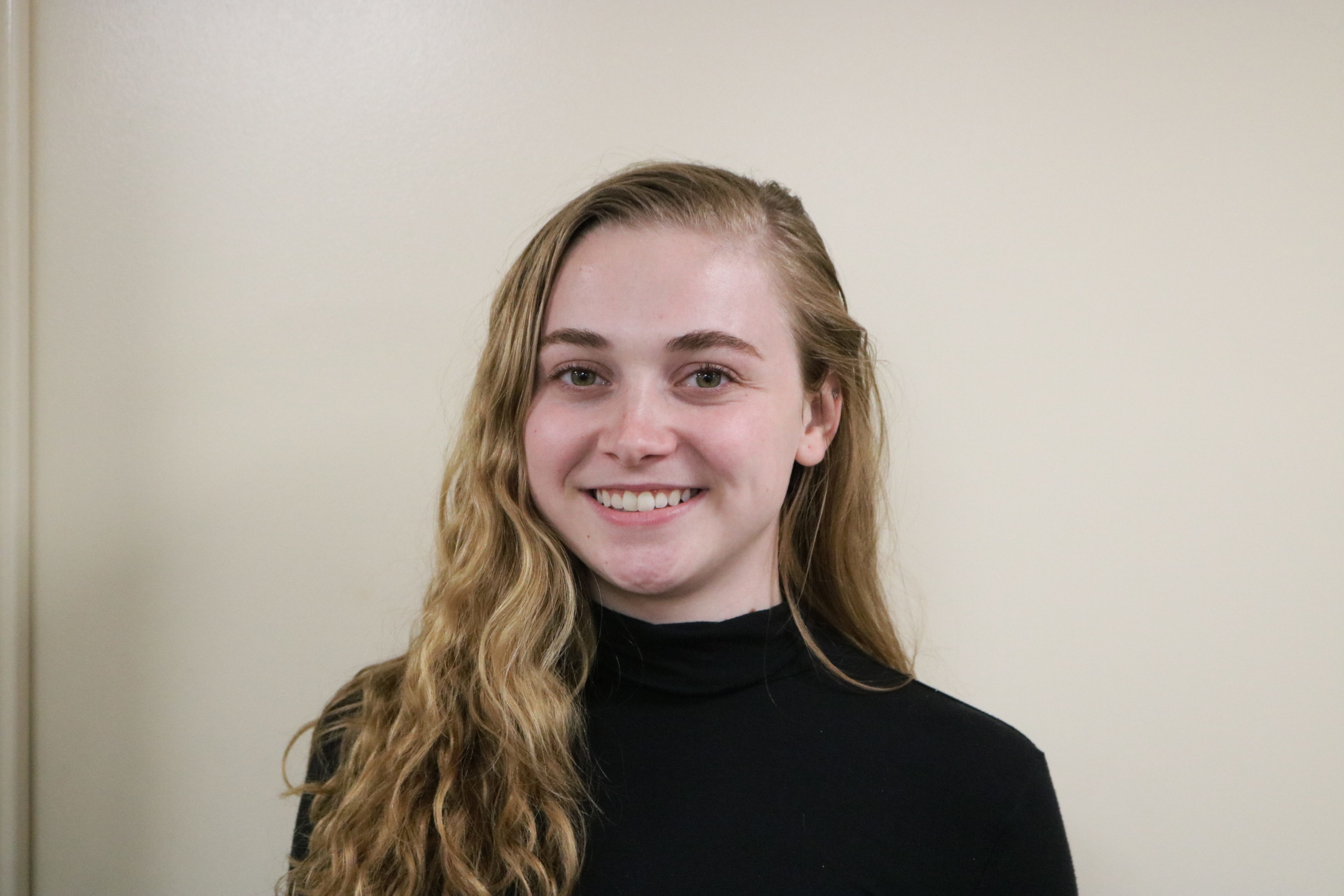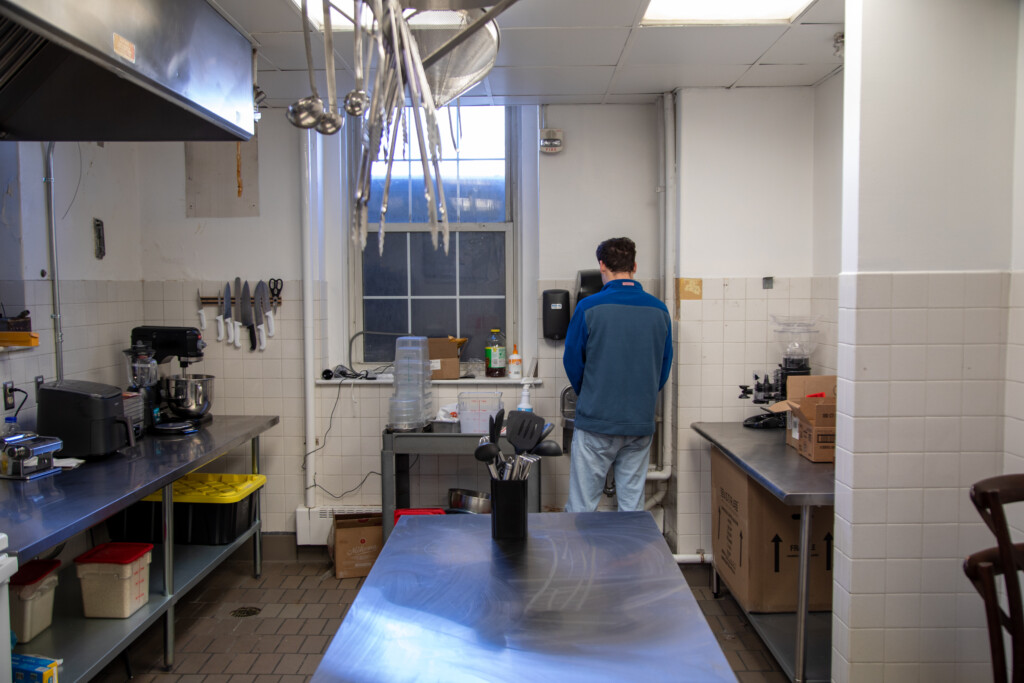Last Tuesday, Eastman graduate Lauren Haley ‘13 gave a talk on her book, “Kids Aren’t Lazy: Developing Motivation and Talent Through Music,” as part of the Neilly lecture series — a River Campus Library initiative to bring authors to campus.
Haley was kind enough to send me a copy of “Kids Aren’t Lazy” prior to the talk. The book didn’t fail to meet my expectations, per se, so much as completely sidestep them. I was surprised to find the book was not an objective, academic look at laziness so much as a how-to guide for parents who want their children to play an instrument.
What Haley might lack in traditional qualifications — say, a degree in music education — she makes up for in passion and real world experience. The book reflects her years performing as a young musician, and subsequently teaching other aspiring young artists.
She markets musical education as more than just learning the technicalities of an instrument. In both the book and later in her lecture, Haley spoke of the merits of “teaching music as a vessel for higher pursuits,” where students use their instrument instruction as a path to develop “soft skills,” which are transferable to nearly every professional or personal endeavor the student might take.
“Studying music is a rich source of life lessons, actually, because it creates more problems for students to solve than simpler studies do,” Haley said. “You have detail, you have creativity, self-direction. Let me put it this way: Einstein played the violin.”
Something I could not shake throughout the talk was that it felt very privileged. This isn’t Haley’s fault, but classical music inescapably feels like it’s the pastime of upper-middle-class white suburban children. Haley rattled off several one-liners that felt unrelatable, and captured well why I was the only student in the audience.
“If you’ve ever been in a lesson with a 4-year-old…” I’m a bit too young to be a parent or a teacher.
“If you know viola…” I took lessons for six months in fourth grade.
“If you’ve ever tried to practice a musical instrument with someone you’re related to…” While I have done this, the sort of dynamic Haley went on to describe felt more for parents than twenty-something college kids.
The talk wasn’t totally useless, as many of her pointers for parents apply to students of all ages picking up any new skill. She championed tactics like making practice time a routine. Start small, but get so used to practicing that you don’t have an excuse to push it off.
As young adults, we’re our own parents in a way. We’re the ones who have to make sure we practice, and we have to come up with incentives to make ourselves work on our skills. If we’re frustrated or unmotivated, we’re the ones responsible for making practicing more palatable. With the idea of parenting ourselves in mind, Haley’s work and experience hits home more.
“The fundamental principle of a child’s motivation to practice is the belief that something good will come from their work,” Haley said during her talk. “Come to think of it, isn’t that why we do anything?”
Going back to the book, shoutout to the nod to “Meliora” on page 55. Haley writes a short paragraph describing our school motto as “the healthiest and happiest path to motivation, talent, and excellence for students of all ages and disciplines,” and applies it to music studies. While stressed-out college students might disagree with such a sugary perspective on UR, Haley seemed so genuinely sweet and optimistic, and I’m convinced she legitimately believes it.
Despite the semi-esoteric topic, I enjoyed her presentation. Haley was a passionate presenter who spoke from the heart and who clearly knows what she’s talking about. Her book topic just happens to be (mostly) irrelevant to college kids.
During her time at UR, Haley told the Campus Times in an interview, she was deeply involved on both campuses. She regularly took classes on River Campus, was in Sigma Alpha Iota (a music fraternity), and even wrote for CT. Her advice to students on both campuses was to explore the unfamiliar.
“You get this opportunity once to be led by world class faculty in any subject area — if you’re even remotely curious about something, you owe it to yourself to jump in,” Haley said. “Allow yourself to be a beginner in any subject, and just trust that you’re building lifelong skills.”


